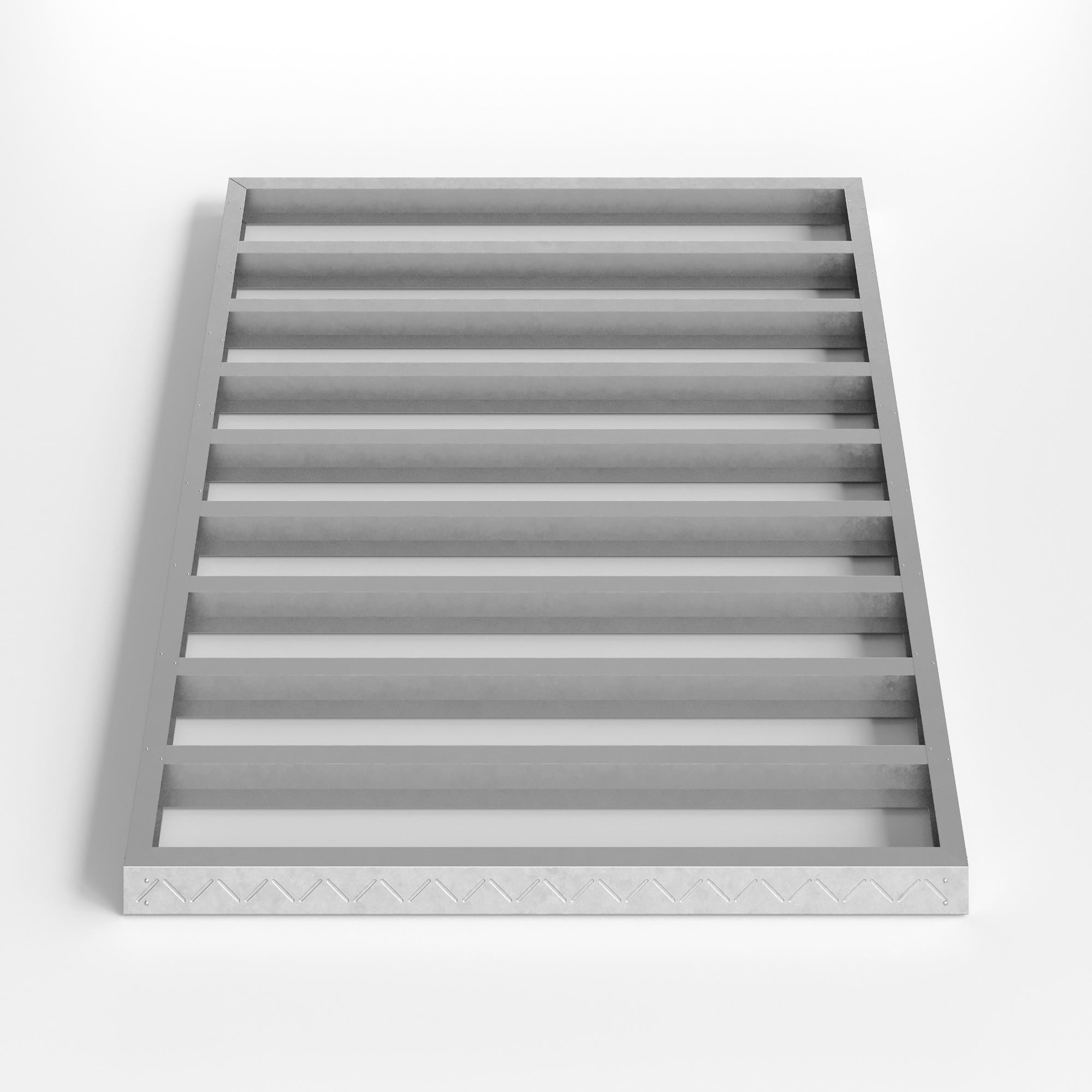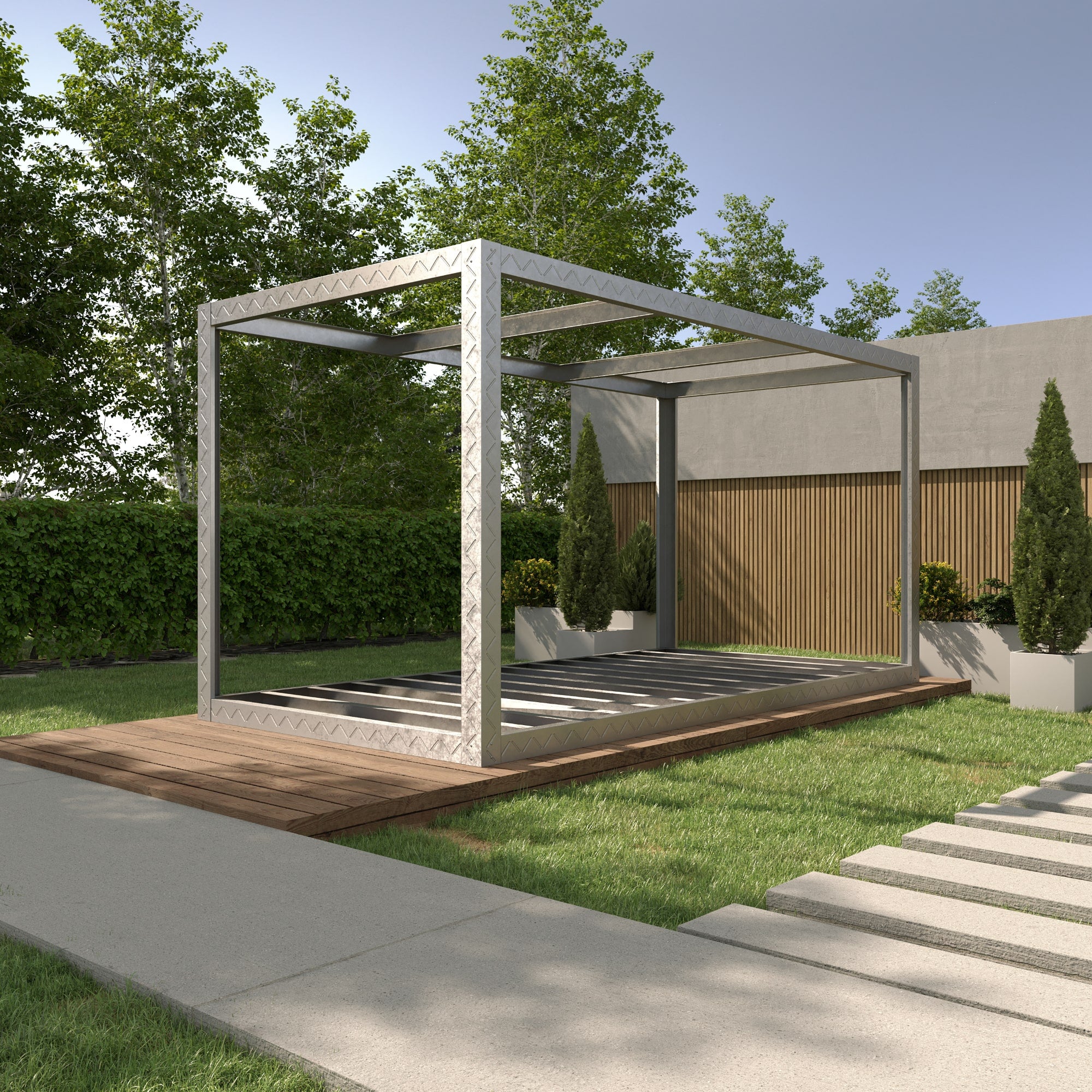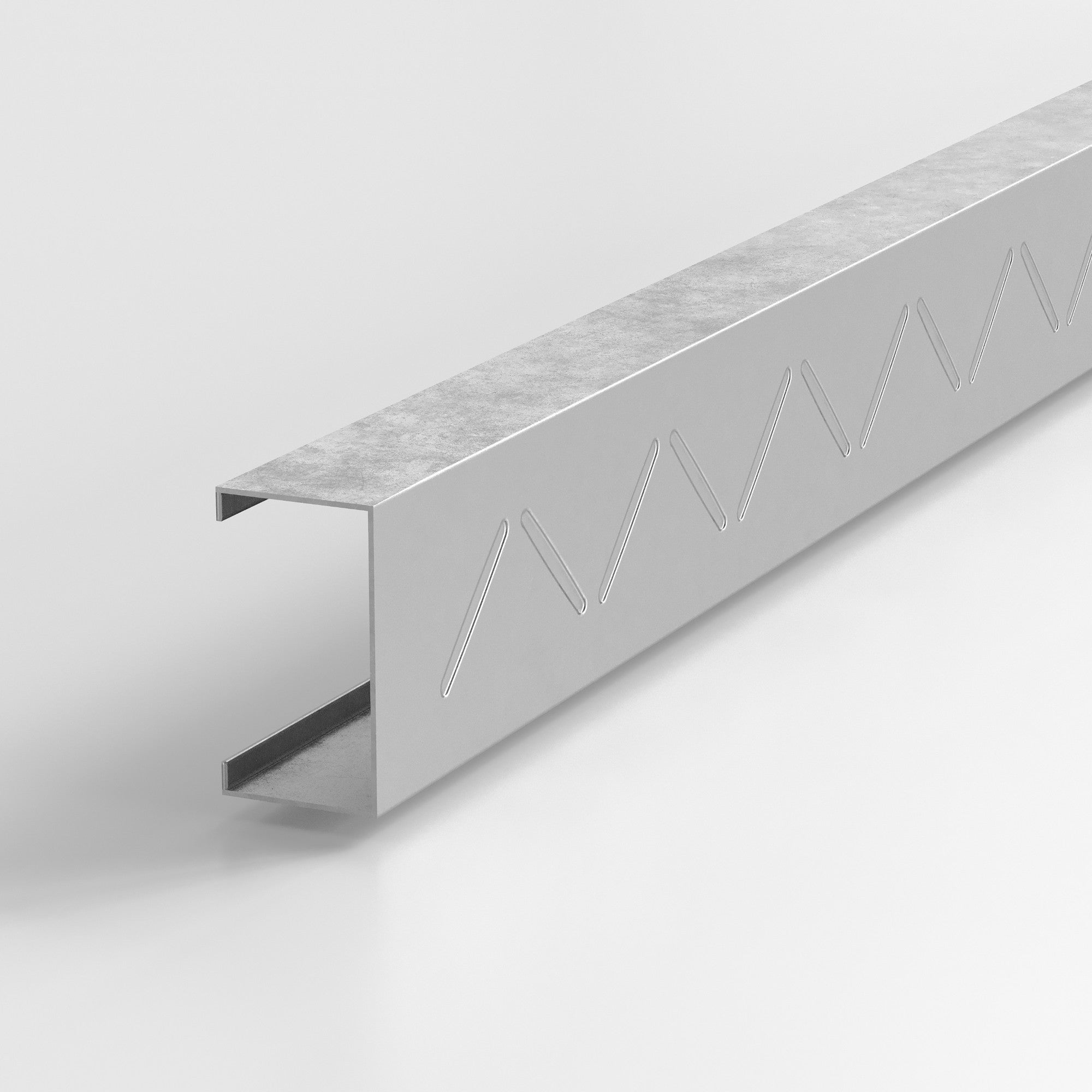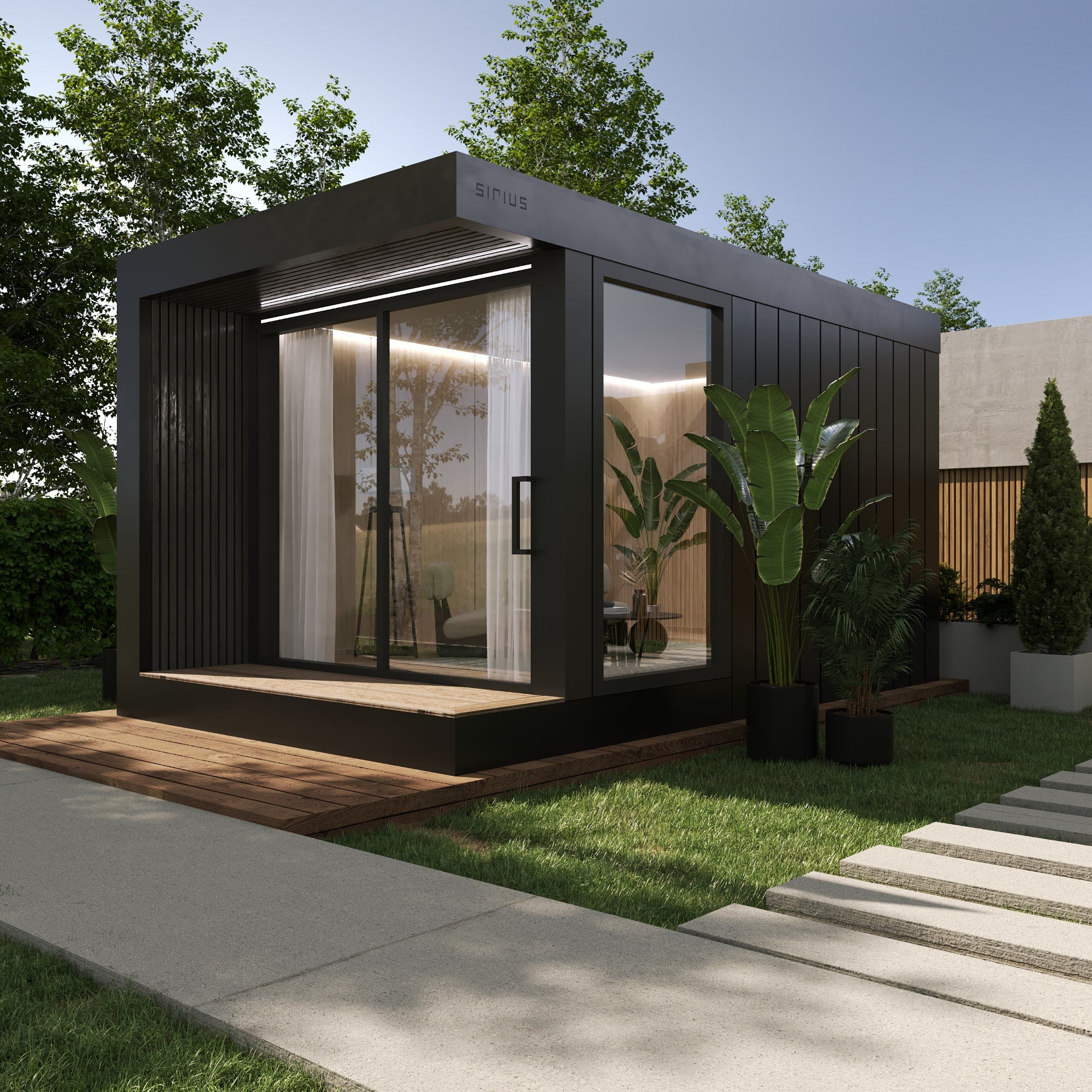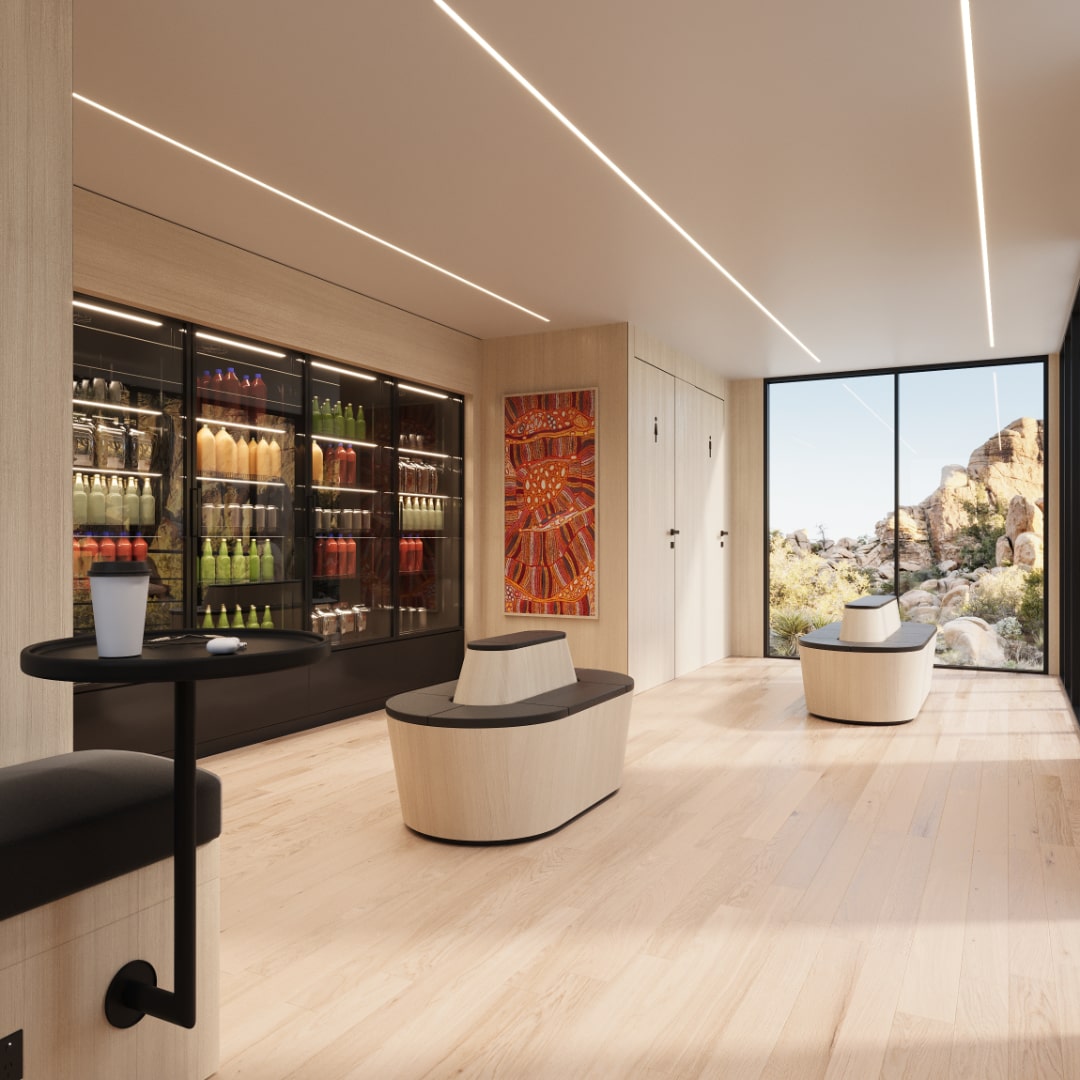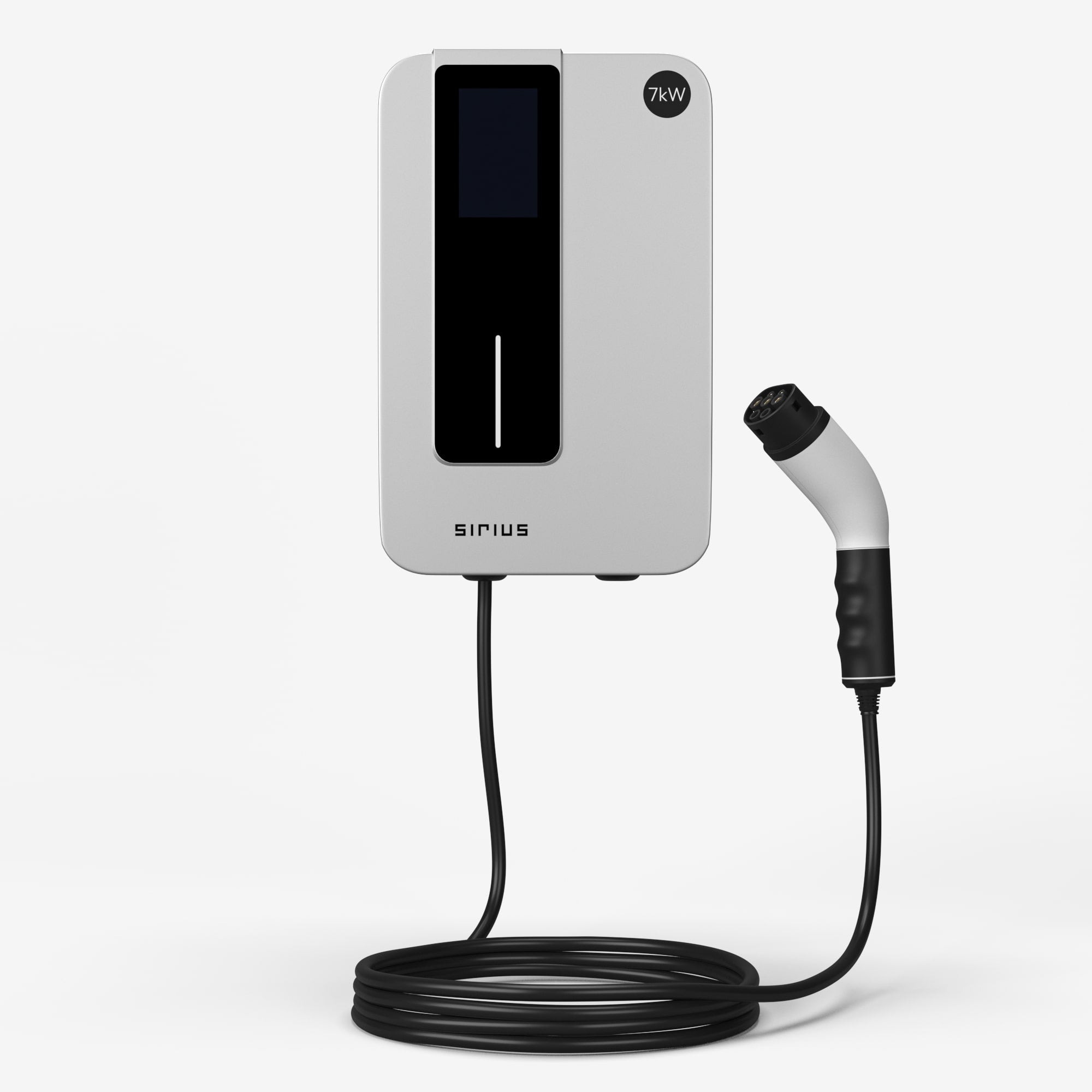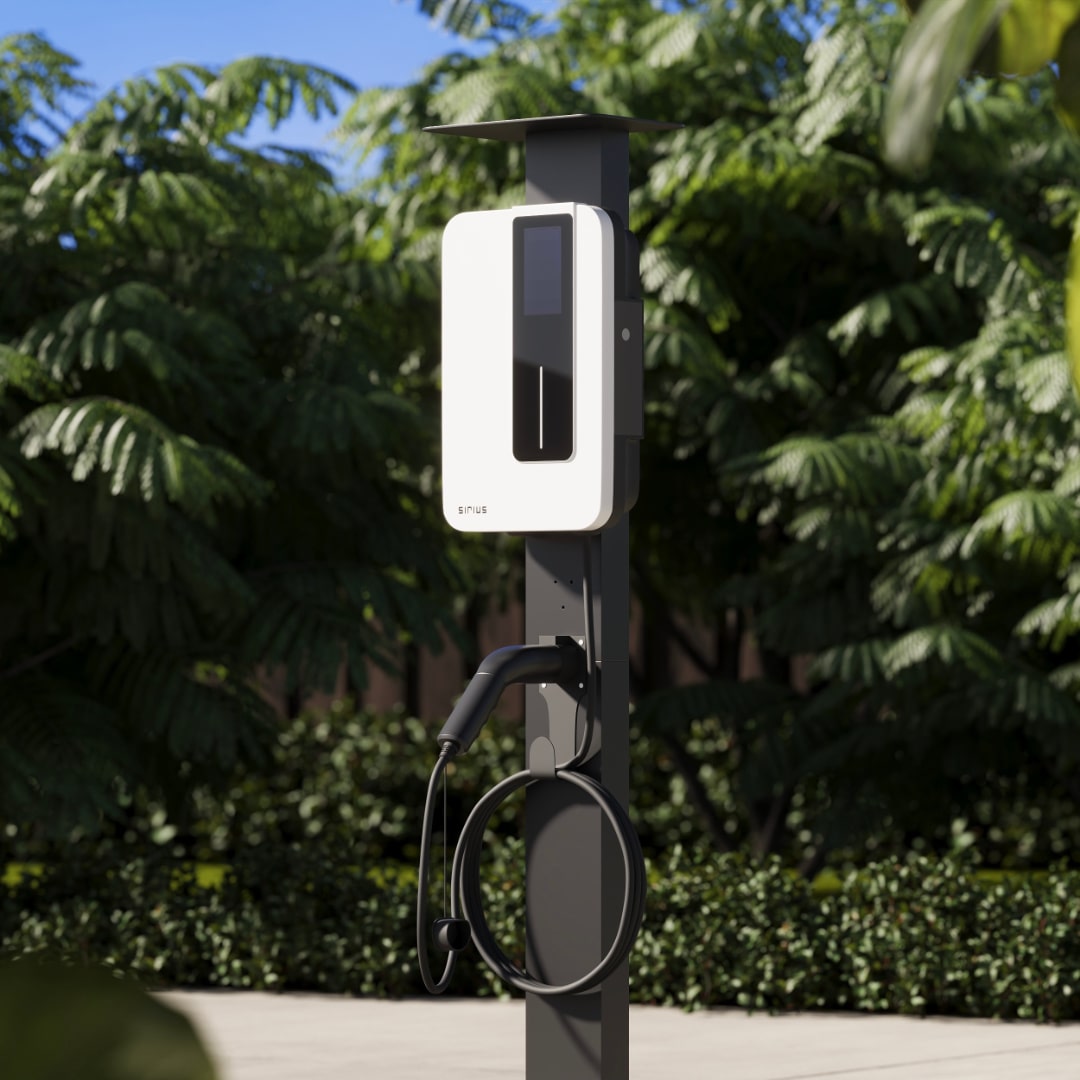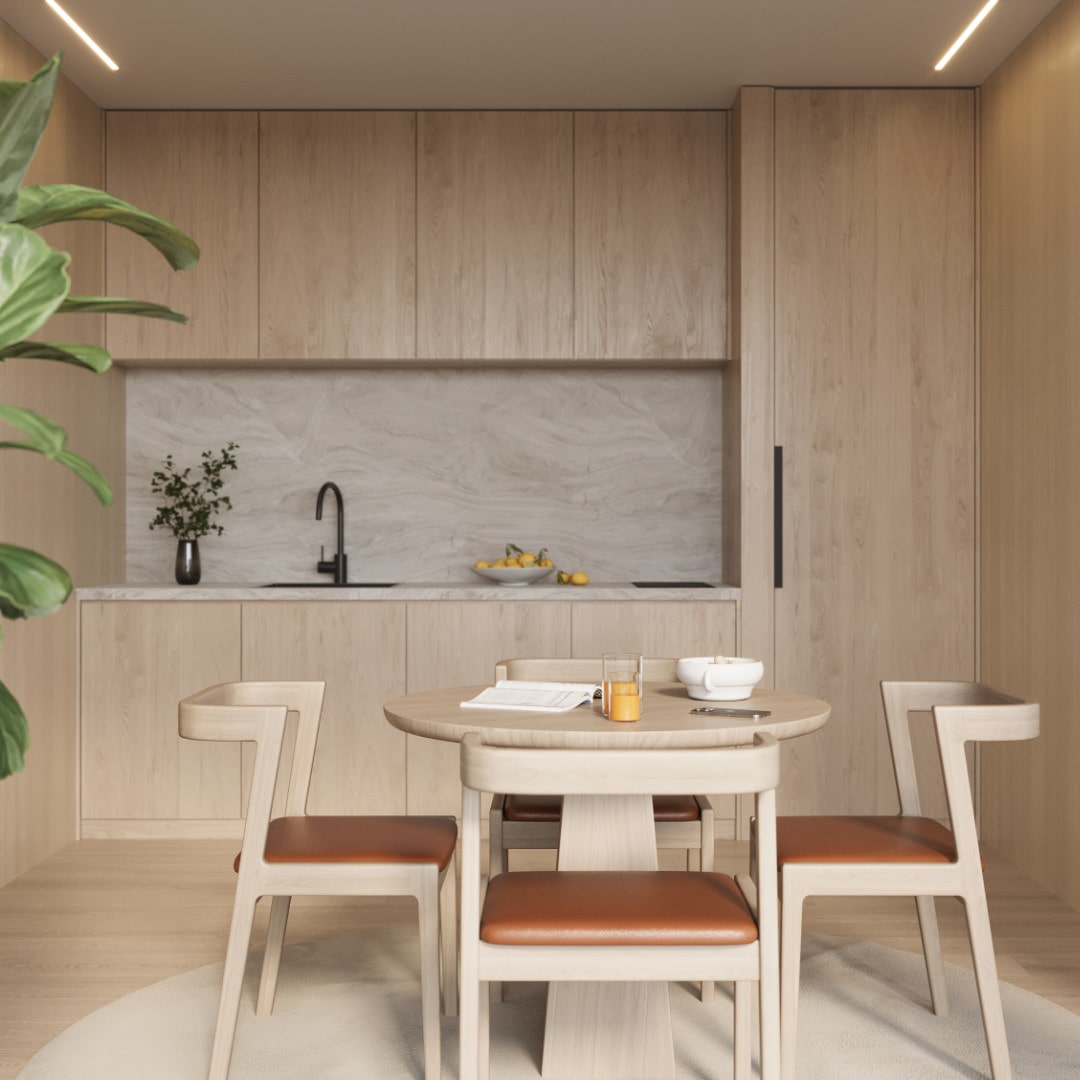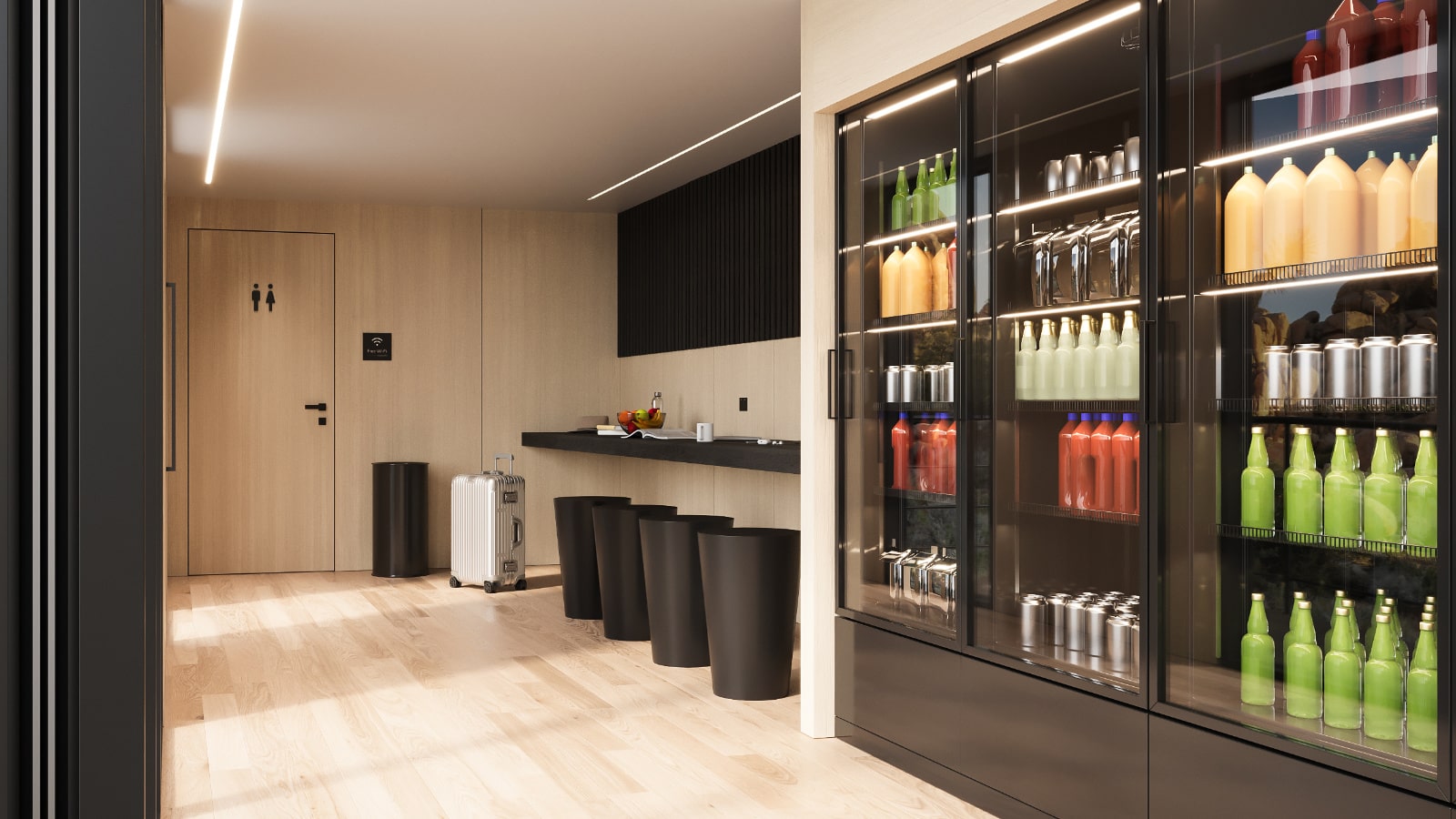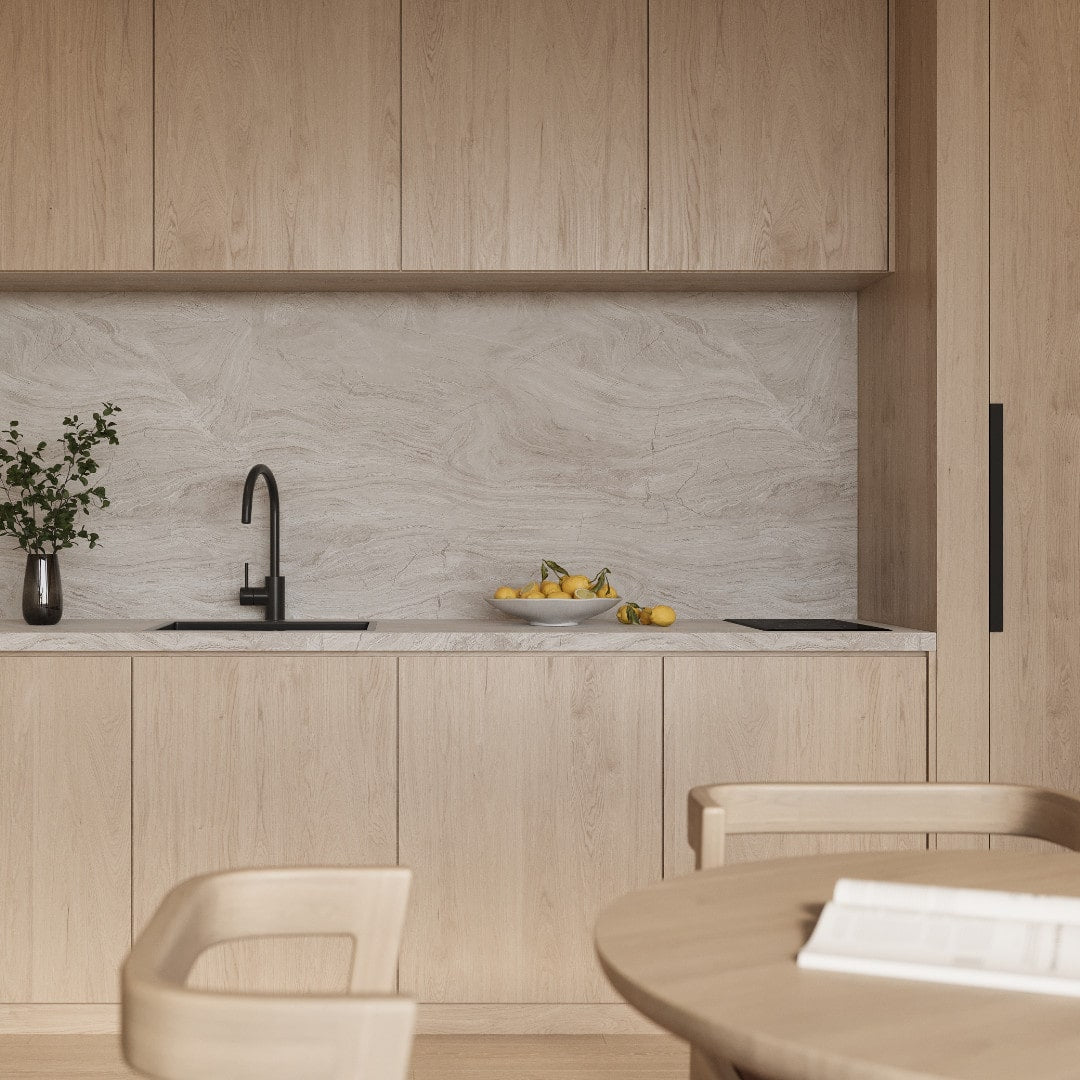As electric vehicle adoption accelerates, the challenge is no longer just about installing charging stations. Drivers expect safe, comfortable, and accessible places to wait while their vehicles recharge. For site operators, this creates pressure to deliver solutions quickly, without compromising on quality or compliance.
Some providers have turned to shipping containers as a shortcut. While containers may seem like a fast way to add facilities, they are far from an ideal long-term solution. Modular EV lounges offer a smarter, future-proof path — here’s why.
1. Designed for People, Not Cargo
Shipping containers were engineered for freight, not humans. Retrofitting them into lounges introduces compromises: narrow widths, low ceilings, and limited layout flexibility. Modular lounges, on the other hand, are purpose-built. They feature spacious interiors, full-height ceilings, and glass façades that feel open and safe. The result is a welcoming environment where drivers want to spend time.
2. Compliance and Accessibility
Regulatory compliance — from disability access (DDA/ADA) to fire safety and ventilation — is a minefield when working with repurposed containers. Meeting these standards often requires extensive and costly modifications. Modular lounges are engineered from the ground up with compliance in mind: integrated ramps, wide entryways, ventilation, and insulation are standard features, not expensive add-ons.
3. Speed Without Sacrifices
Operators turn to containers thinking they’ll save time. In reality, converting and certifying containers can cause delays. Modular systems are designed to install rapidly, arriving pre-engineered with certification and ready-to-use amenities. From delivery to commissioning, a lounge can be operational in days — truly matching the pace of EV infrastructure rollouts.
4. A Branded Experience
Containers look like containers. Even with paint and signage, they rarely escape the industrial aesthetic. A modular EV lounge provides a professional, modern appearance that elevates the charging site. Glass walls, warm lighting, and premium finishes allow charging networks, retail partners, and landlords to showcase their brand and deliver a customer experience that builds loyalty.
5. Scalable and Future-Ready
EV charging infrastructure must scale rapidly. Containers are limited by fixed dimensions and can’t easily expand beyond their boxy footprint. Modular lounges are flexible — units can be connected, extended, or reconfigured to grow with demand. They’re also designed to integrate future upgrades such as solar roofing, battery storage, or digital signage.
6. Lower Lifecycle Costs
While a container might look cheaper up front, the hidden costs add up: insulation, ventilation, compliance retrofits, and higher maintenance. Modular systems are engineered for durability with weatherproof materials, thermal efficiency, and low-maintenance finishes. The result is lower total cost of ownership and a facility that lasts.
Building Infrastructure People Trust
Shipping containers solved yesterday’s logistics problems. Modular EV lounges are designed for today’s infrastructure challenges. They deliver speed, compliance, branding, and customer comfort in a way that repurposed cargo boxes simply can’t match.
For operators, developers, and retailers, the choice is clear: if the goal is to keep up with EV charging demand and deliver a professional, future-proof experience, modular lounges are the smarter investment.
